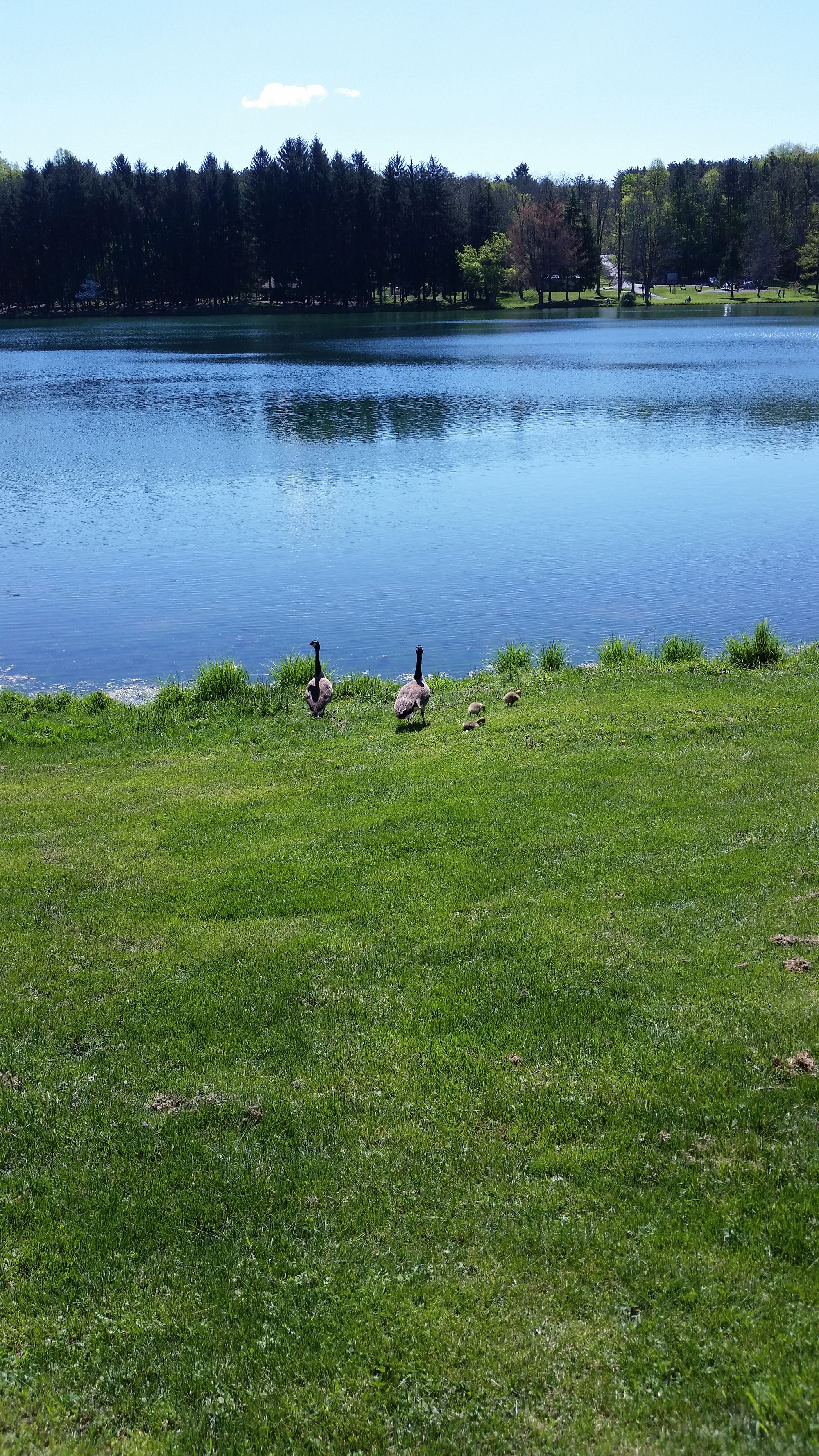Begin With the End in Mind

Have you heard me talk about Stephen Covey's 7 Habits of Highly Effective People book yet?
If you haven't, you haven't known me long.
I read a lot of books, and I put this book in an elite tier.
I have also met many people who roll their eyes at this book. Not another self help book.
If you are one of those people, I don't blame you. I spent most of my life in your shoes. My dad tried numerous times to get me to engage with the book when I was a teenager, I never so much as picked it up.
It took me a decade or more to finally read it, but I credit it as being one of the most impactful books I have ever read. I say this because it works so unbelievably well.
How many times have you bought into something only to be disappointed by the results?
My experience with the 7 Habits is that it is a book that delivers on the promise. My effectiveness - my capacity to get important things done - has dramatically gone up since reading and applying the concepts.
This book is something we are constantly referring back to as we build out the farm. We have been slowly working our way through the book in a group reading format over this past year.
That may sound like a long time, but the reality is that this is not a book you can just read and be done with. There is a lot of work involved.
I bring all this up because what we are working on right now is Habit 2 - Begin with the end in mind.
We've already talked about Habit 1 - Be Proactive. Habit 1 means recognizing that there is a gap between stimulus and response - and that in that gap you have the power to consciously choose your response.
Habit 2 is identifying where it is you want your life to go ahead of time. What do you want your decisions to add up to?
Another way Covey puts it is that Habit 1 is accepting that you are the programmer of your life, Habit 2 is writing the program.
We have had great success with an initial attempt to create the "mission statements" that Covey talks about in 7 Habits, but we've also realized that to get the most out of this Habit as it relates to "the farm", we need to invest even more into this process.
I have spent the majority of my working life as an "entrepreneur". During this time, I have fallen into the same trap that so many other business owners fall in to.
I have managed my business as something separate from the rest of my life. I had personal goals, and I had business goals. I incorrectly treated them as unrelated.
I have not aimed at a specific income. I merely set out to make as much as I could. I've never had a real financial plan.
In my travels, I have met many farmers. I have worked with business owners in many different industries. I have made it a point to ask happy people of all stripes about how they got to where they were in life.
One of the most common traits I have observed among the people who buck the trend of mediocrity is that they have a clear vision of what they want their life to be like and then work backwards to the present to figure out how to get there.
They engineer better outcomes.
This ranges from the hyper-specific spreadsheet managers to the beach bum I sat with on a bench in Hawaii who told me about his on-foot migration from Pennsylvania to Honalulu.
It doesn't really matter what you want to aim at. The point is to aim.
Don't just drift.
It is easy to get caught up in the busy-ness of life. But if you aren't conscious about where you want to go, you hurt the odds that you end up somewhere you want to go.
You have to make the time. You have to do the work. The amount of work that needs done depends on the complexity of the things you want to do.
Farming is one of the most complex things you can take on. It is not treated that way.
Most farmers have given up hope that better outcomes are even possible. They are so used to being overworked and undervalued that they think this is just the way things will always be.
I do not believe this is true.
On any given slice of land, you can build amazing production systems that are in sync with nature, fun to run, good for the community, and part of a healthy broader ecosystem. You can design these systems to provide a good living. You can design these systems so that the farmer can spend time with his family in the afternoon and take time off to go on adventures.
You don't need luck or good soil. You don't need huge upfront capital. You don't need tons of experience.
I know because I have met people who are doing it.
The happiest farmers I know refer me to holistic management or something awfully close. You have to know what you value most. You have to manage with the "whole" in mind.
When deciding what enterprises to run on your farm, you need to know what financial figures you are aiming at. You'll never earn a living if you don't know what number you want to make, what your input costs are, and how much you can earn from each "unit" you produce.
You can't engineer time off if you don't forecast how much time you are signing yourself up for with each thing you do on your farm (or in your business).
I spent a few hours today working on collecting these numbers for various things we do on the farm. Up until now, I couldn't even begin to tell you what it actually costs us to produce something.
Our goal is to understand our numbers inside and out. What is our cost of production? How many hours does it cost? What is our time worth? What do we want to earn? How many units do we need to sell in order to achieve that earnings level? What mix of enterprises allows us to achieve our target in the most enjoyable fashion?
This was a daunting prospect when I started, but once I dove in I'm actually finding that it is fun.
And talk about a relief.
There has been this vague terror that maybe we won't figure it all out. Maybe farming is too much work. Maybe all the local farmers are right - maybe there isn't any money in farming.
Right now I'm feeling optimistic. I'm digging into the numbers and the clarity I'm gaining has me feeling better and better.
As I go through this process, I'm paying attention to ways to make it less daunting in the future. I'm doing this so I have less resistance to actually keeping up with all the number collecting that needs to be done on an ongoing basis, but also because I know a lot of other people need to be doing similar things if they want to be successful.
If you have a business and want to talk about what a holistic context is, how you can make one, how to engineer the income and quality of life you want, or anything along these lines, send me an email at dylan/heagy@gmail.com. I like talking about this stuff.
As we complete all this modeling, I plan on publishing as much of it as makes sense. I'd like to document this process to show other people what it actually looks like. I think I may also do a monthly check in to keep tabs on our progress, maybe even with a sort of income report.
Here's to building a working farm from scratch, rewilding the landscape, and having fun along the way.
Life is good.
